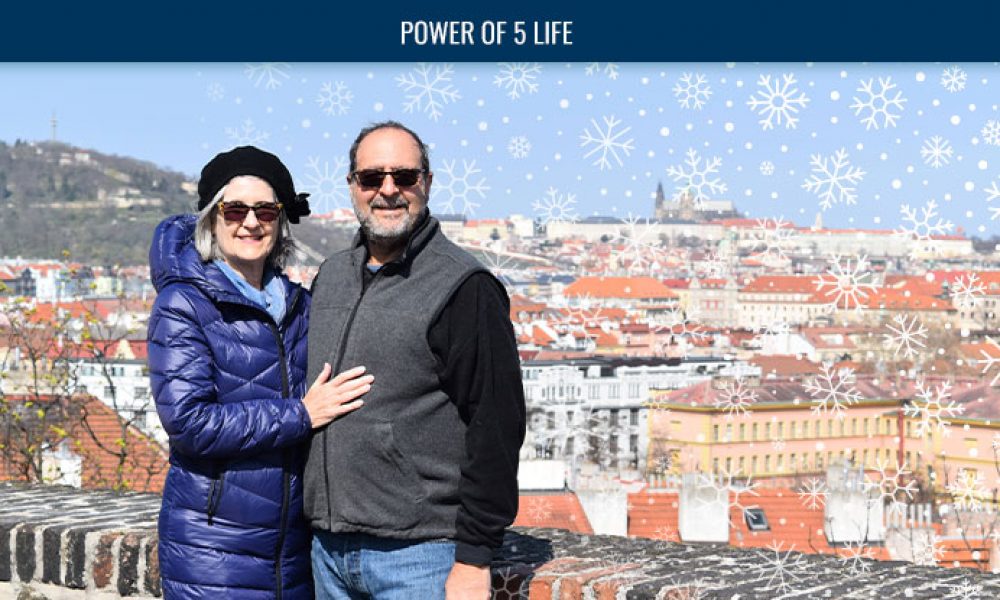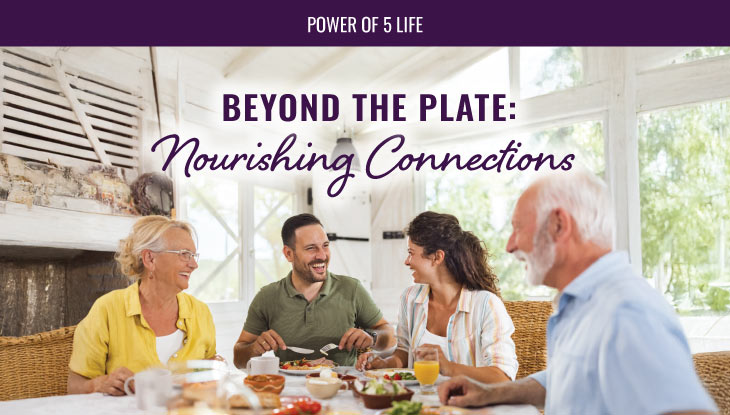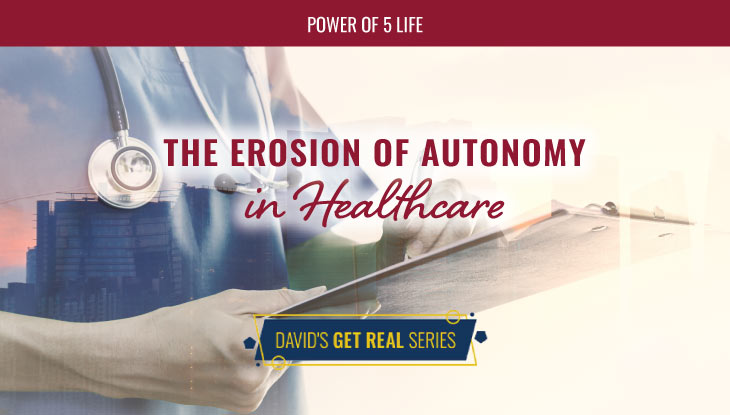Caregivers: Differences, Similarities and Next Steps
As National Caregivers Month 2022 draws to a close, let’s get personal about my experiences in caregiving as a family member and a physician.
First, I grew up in a region of the country where it snowed, and I learned the expression that “no two snowflakes are alike.” When I think about caregiving, that mantra holds true, no two experiences are the same.
During my lifetime, personally and professionally as a geriatric physician, I had plenty of opportunities to interact with caregivers. While there are common denominators, each situation was unique. Let’s walk through some caregiving commonalities and differences to provide comfort to those who are going through this very difficult time.
From my perspective, these words fit on a spectrum or continuum to many personal situations, but especially to caregiving. None are set in stone or make the process easier to navigate.
Caregiving: The Differences
Short-term vs. Long-term Caregiving
Whether the caregiving process is short or long, the impact can be negative. Short-term caregiving might not allow enough time to say farewells or goodbyes. Long-term caregiving can become so burdensome that at the end there are negative emotions and burn out.
Love-filled vs. Obligation vs. Hate-filled Caregiving
These feelings bring up a unique set of regrets, emotions, or unhealed wounds that are intensified by caregiving.
Easiest vs. the Hardest Thing I Ever Did Caregiving
This brings to light the effort dispensed as compared to the lack thereof and guilt associated with each action.
Caregiving: The Commonalities
Here are some similar emotions associated with caregiving which affect the health of the caregiver.
- emotional
- taxing
- endless
- frightening
- chaotic
- expensive
- mind-boggling
- sadness, anger, frustration
- love
- bonding
- loss of control
- loss of sleep
- loss of relationships
- loss of self
I do not limit these feelings to caregiving; they appear with many losses, most notably through death, divorce or employment. When we look at these common feelings associated with caregiving though, there is no doubt about the impact caregiving has on our lives, relationships and health. It is yet another signal warning us to take care of ourselves through the caregiving process or it will cause us harm.
My point in reviewing the impact that caregiving has on our lives is that it is significant and inescapable. One doesn’t go through it unscathed. Your role as a caregiver is critical, impactful and will leave a scar.
Healing Tips for When the Caregiving Ends
Caring for ourselves as caregivers is important during the process, but it is also worthwhile to prepare ourselves for the end of our caregiving. Ask for and get help to process the experience lest we risk the long-term effects, both physically and psychologically.
- Ask for and get help to process what happened.
- Get help from clergy, chaplains, healthcare providers, physicians, social workers, and/or mental health counselors.
- Visit support groups.
- Rely on family for support but as family, not as expert counselors. They might have their own biases or feelings of guilt.
- Find new friends. Develop a new support system of your own with like-minded people.
- Find new hobbies to fill the gap that caregiving previously occupied.
Call to Action
Incorporate some of what I have shared into your current or future caregiving experience. Reflect on what you are going through or have been through. Develop a plan, either individually or with professional help for guidance, as you move forward in life.
To a long and healthy life,
David Bernstein, MD
P.S. For more tips, please read my earlier post for National Caregivers Month.



